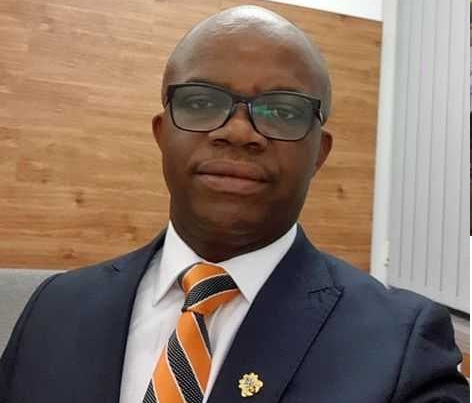Dr. Stephen Amoah
GHANAIAN FINANCE and investment consultant, Dr. Stephen Amoah has developed a formula for pricing risky assets on the capital investment market.
The formula, developed in 2020, integrates all the relevant variables, and give conditions and recommendations to enable banks and portfolio managers reduce risk of industry collapse.
Dr. Amoah, who is also the Member of Parliament (MP) for Nhyiaeso Constituency, disclosed this in an interview with the media on the sidelines of the 2022 Financial Economic Seminar (FES).
He explained that there are global formulas used in pricing risky assets like the Capital Assets Pricing Model in 1964 and Arbitrage Pricing Theorem (APT) in 1976 by Sharp and Ross respectively.
“The former stipulates that assets expected returns are influenced just by the market risk but in the case of APT, returns are influenced by a variety of risk factors. The optimal formulas developed in 1993 and 2015 respectively by Hannan & Liang and Dermine which are optimal tools for the market are revealed to have had shortfalls as well,” he said.
Dr. Amoah indicated that Hannan and Liang’s formula does not integrate the reserve component policy by central banks which he indicated that Dermine corrected.
However, he said Dermine also failed to realise that after the reserve component deduction not all the remained deposit go into the market but a proportion go into risky investment portfolios.
“This risky investment generates premium which must be integrated into the model. The errors in their formulas indicate that they are not good pointers in competitive markets in which banks invest in other profit bearing opportunities which yield higher returns than the market,” he stated.
Dr. Amoah said the shortfalls in both Hannan & Liang and Dermine’s formulas are rectified by the improved optimal pricing model for risky assets in a competitive market.
He stressed that conditions such as risk premium of more than one and proposed proportions for interbank market and risky investments are recommended by the formula.
“FES is not ending with this seminar. We are going to work hard through stakeholder engagements especially Bank of Ghana. The banking industry, AGI, GUTA, the Finance Ministry and other relevant policy making bodies,” he added.
The conference, themed “Identifying and Redefining the Economic Fundamentals of Developing Economic: Anomalies and Challenges – The Case of Ghana,” brought together speakers to deliberate on efforts to finding long-term solutions to most of the finance and economic challenges confronting developing economics.
BY Jamila Akweley Okertchiri


